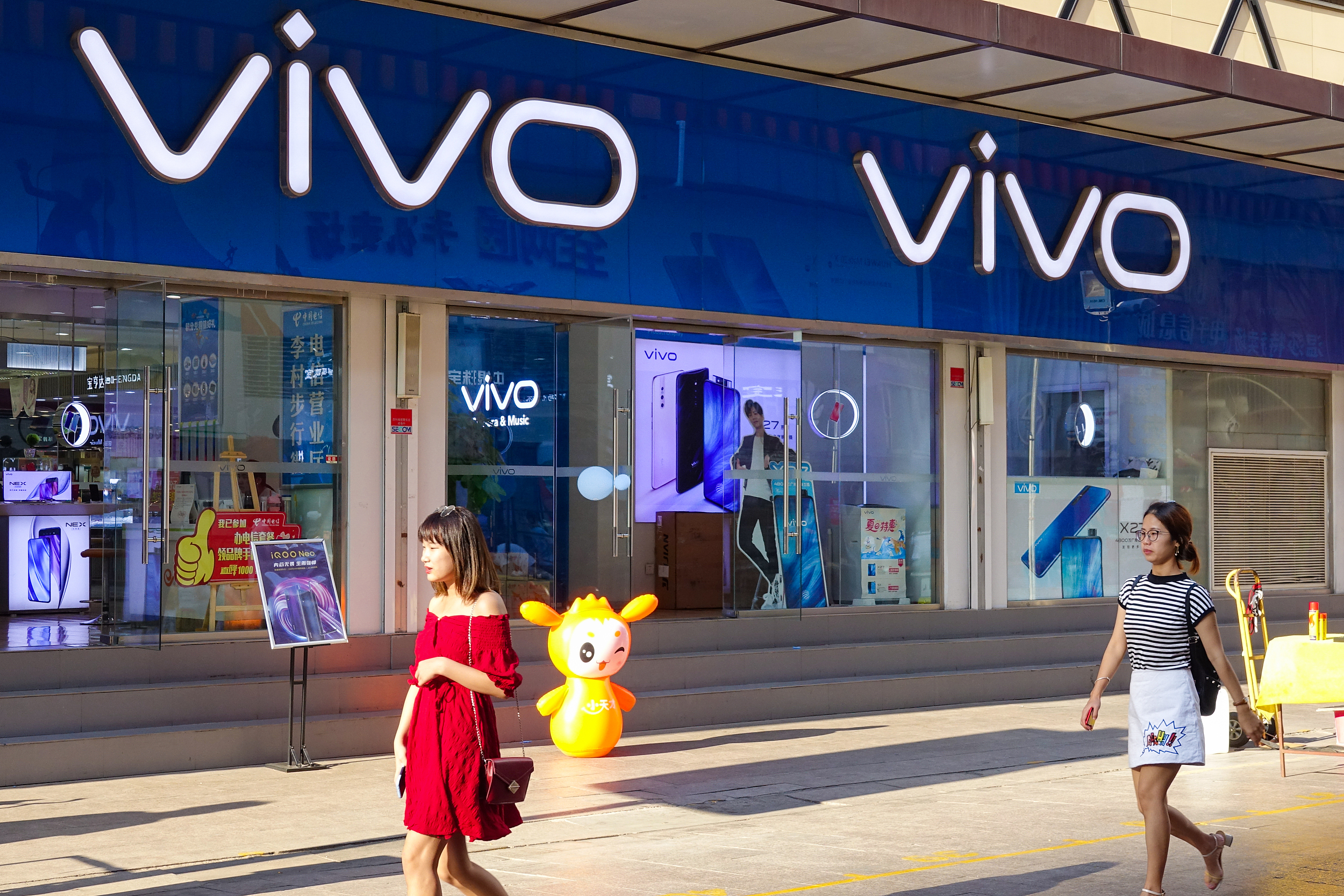Numerous employees of the Chinese smartphone manufacturer Vivo and its Indian affiliates reportedly concealed their employment status while applying for visas, with some even violating regulations by visiting sensitive regions like Jammu and Kashmir in the Himalayas, according to India’s financial crime agency.
This revelation has come amidst increasing tensions with Beijing regarding business activities, as New Delhi imposed stricter restrictions on incoming investments and banned hundreds of Chinese mobile apps following border conflicts in 2020, which led to the loss of 20 Indian and four Chinese soldiers.
These allegations, outlined in an undisclosed court document, follow the recent arrest of a Vivo executive, Guangwen Kuang, as part of a money laundering investigation initiated in 2022 into India’s second-largest smartphone company.
The Enforcement Directorate, the agency responsible for this investigation, stated in its 32-page filing that at least 30 Chinese nationals entered India on business visas and worked as Vivo employees. However, their visa applications never disclosed their association with the company.
The filing revealed that “various Chinese nationals have been traveling across India, including sensitive places in Jammu and Kashmir and Ladakh, in gross violation of Indian visa conditions,” shedding light on these alleged offenses for the first time. The agency also mentioned that “many employees of Vivo group companies worked in India without appropriate visas” and accused them of concealing information about their employer in their visa applications, effectively deceiving the Indian embassy or missions in China.
In response to these allegations, Vivo, which commands a 17% market share, restated its concerns about the executive’s arrest, emphasizing its commitment to legal compliance.
China’s foreign ministry, which had previously expressed interest in the case, did not provide any comments in response to Reuters’ inquiries. Similarly, the Indian embassy in Beijing and the foreign ministry in New Delhi remained silent.
India and China have long-standing territorial disputes in the western Himalayas, each claiming significant portions of land controlled by the other. India has stringent restrictions barring foreigners from entering or residing in “protected” areas in Ladakh and parts of Jammu and Kashmir without proper permits, distinct from regular visas.
Last year, the Enforcement Directorate conducted raids on 48 locations associated with Vivo and its affiliates, accusing the company of illicitly transferring funds to China to evade Indian taxes through indirectly controlled companies.
The recent court filing reveals that Vivo remitted 1.07 trillion rupees ($12.87 billion) outside India to trading companies controlled by its Chinese parent, using a “masking layer” strategy designed to escape government scrutiny. The agency pointed out that while no profits were reported in statutory filings between 2014-15 and 2019-20, and no income taxes were paid, substantial sums were funneled out of India.
In July of the previous year, the Enforcement Directorate estimated that 624.7 billion rupees ($7.5 billion) had been primarily remitted to China.
Follow us for more travel and visa related news!



